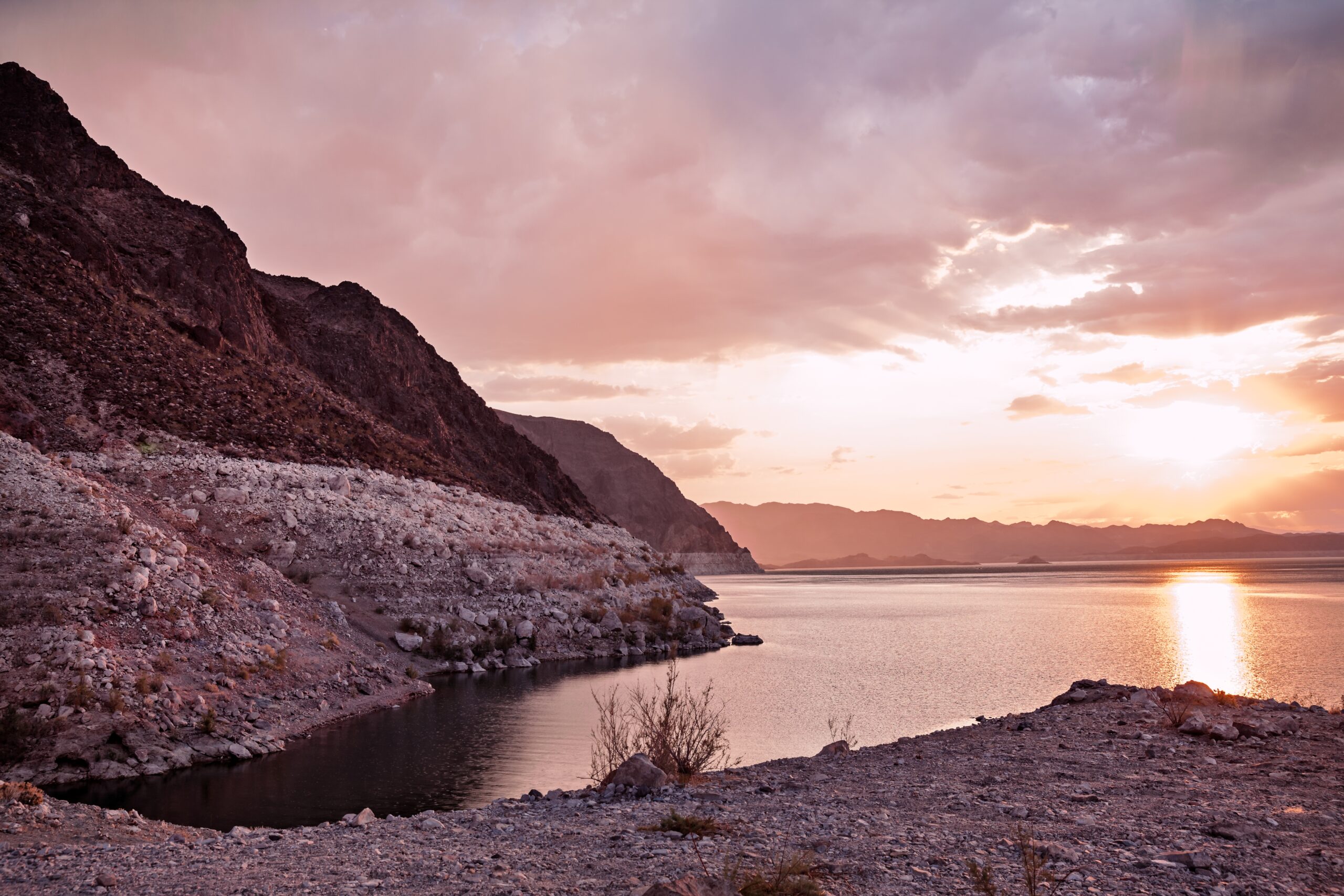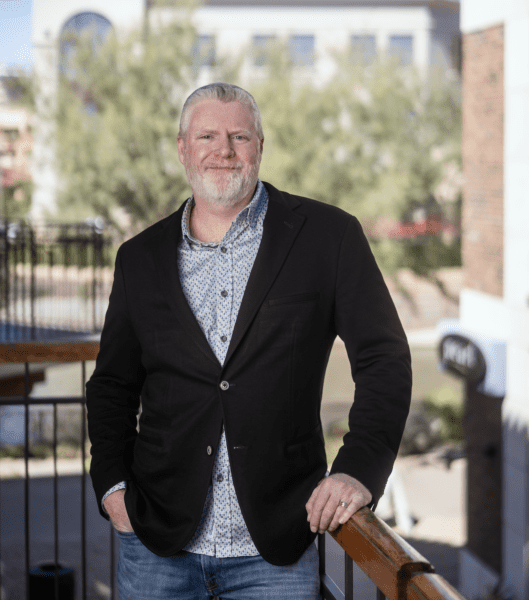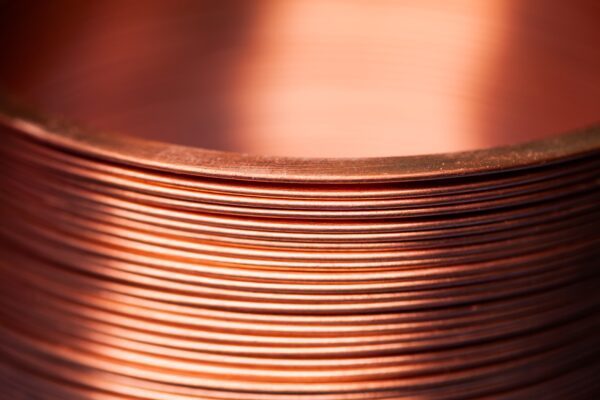By Erica Gies | Scientific American
Pajaro Valley on the coast of central California has little surface water, so its farmers depend on extracting groundwater to grow leafy greens and berries for the global market. But as in many places around the world, these farmers have been pumping the water out faster than nature can replenish it. In different places, groundwater decline can cause various impacts: it can make land sink, streams, wetlands, and wells dry up and seawater creep inland under the ground. And because most pumped groundwater irrigates crops, major declines in availability could lead to a global food crisis.
In some places, water managers actively refill groundwater to ameliorate this tragedy of the commons. One method of doing so is to divert stormwater runoff into scooped basins that have been built over porous ground into which the water quickly sinks. But such efforts have been relatively small-scale and centralized, making them fall short of the current challenge. Depleted aquifers in California’s Central Valley alone have lots of empty space: three times the full capacity of the state’s more than 1,400 aboveground reservoirs. Yet California squandered much of the bounty from its recent unusually wet winter, as levees, channelized rivers and paved cities funneled much of the runoff into the ocean rather than capturing it. What’s needed is a distributed solution, says Graham Fogg, a University of California, Davis, professor emeritus of hydrogeology: many small projects scattered across the landscape that slow water, allowing it to infiltrate underground for storage. This would re-create nature’s method for refilling groundwater, which human development has largely eradicated.
“In my opinion, this isn’t a solution for AZ. California has the issue that so much of their precipitation cannot be captured and flows out to the ocean. Arizona doesn’t have that problem; our rainfall and snowmelt is largely either capture in reservoirs, surface waters or ultimately does end up locked in groundwater basins. Simply because of geography, Arizona does a good job of capturing our available water.” -Rose Law Group Water Department Chair David Johnson












